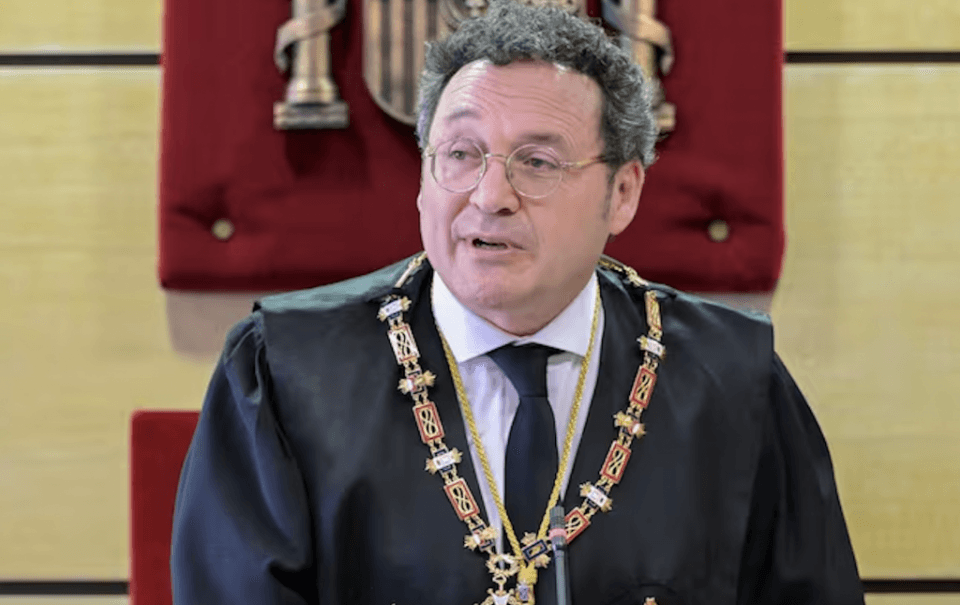Spain’s Attorney General Resigns After Supreme Court Leak Verdict
Spain’s attorney general, Álvaro García Ortiz, resigned today after a Supreme Court verdict last week found him guilty of leaking confidential information in a politically sensitive case. The decision deepens pressure on Prime Minister Pedro Sánchez’s coalition, raising questions about the independence of institutions and the stability of the government.

Álvaro García Ortiz announced his resignation as Spain’s attorney general today, stepping down after the Supreme Court last week found him guilty of leaking confidential information in a case linked to the partner of an opposition figure. Appointed in 2022 by Prime Minister Pedro Sánchez, García Ortiz said in his resignation letter that he was leaving out of respect for the judiciary, while reserving the right to appeal the ruling to higher courts.
The verdict, handed down with an absence of unanimity among the justices and without a full written rationale made public immediately, has set off a political scramble in Madrid. The government expressed strong disagreement with the outcome and said the lack of a unanimous decision and the missing detailed reasoning raised alarm about the handling of the case. Legal experts and political operatives alike now anticipate a protracted judicial and political contest over the substance of the ruling and its wider implications.
García Ortiz had been a visible figure since his appointment in 2022, leading the public prosecution office at a time of heightened polarization between Madrid and a resurgent opposition. The charge that he leaked sensitive material struck at the core of his role, which is meant to embody impartial enforcement of the law and to protect prosecutorial confidentiality. The contested case involved material tied to the partner of an opposition politician, a fact that has repeatedly framed the dispute in partisan terms and amplified its resonance with voters and commentators.
For Sánchez and his governing partners, the resignation represents a tangible setback that will intensify political pressure in the coming days. Opposition parties have already seized on the scandal, framing the episode as evidence of politicization within Spain’s legal apparatus. The administration’s rejection of the verdict is likely to fuel further accusations of institutional breakdown from both sides of the political spectrum as Madrid navigates the fallout.
Beyond immediate domestic politics, the episode carries risks for public confidence in Spain’s justice institutions. The controversy underscores tensions between judicial accountability and political oversight in a democracy where prosecutors play a central role in high profile corruption and influence cases. How Spain manages the transition at the top of the attorney general’s office, and how the courts handle any appeals, will be watched closely by European partners attentive to rule of law issues.
García Ortiz’s departure opens a vacancy at the heart of the prosecutorial system at a delicate moment for the Sánchez government. The administration must now propose a successor and contend with intensified scrutiny over judicial independence and prosecutorial conduct. In the short term the episode is certain to dominate headlines in Madrid and to sharpen debates about the separation of powers, the limits of political influence over legal institutions, and the resilience of Spain’s democratic norms.


